Justice Needs in Burkina Faso
Prior to a second coup d'etat on 30 September 2022, Burkina Faso displayed a commitment to being more responsive to the justice needs of people and businesses. Survey data collected in HiiL’s 2021 Justice Needs & Satisfaction (JNS) study shows an urgent demand to make this promise a reality.
A second coup d’etat this year interrupted progress towards people-centred justice in Burkina Faso. Prior to the latest upheaval, Transition Authorities had appointed new leadership, outlined a 36-month pathway to democratic elections and initiated a Reconciliation Strategy. The goal was to improve security and address the humanitarian crises spurred by violence, displacement and a dire refugee situation. As of 5 October 2022, Burkina Faso’s new military leader stated he will respect a democratic transition timeline agreement arranged previously by his predecessor.
Prior to this recent upheaval, Burkina Faso’s Minister of Justice, UNHCR and Terre des Hommes partnered with HiiL to launch two independent Justice Needs & Satisfaction (JNS) studies. The first mapped justice journeys and concerns facing everyday Burkinabè. The second focused on refugees and host communities. Until the latest coup, the justice minister recognised access to justice services as an integral policy for improving security.
“There is a large demand for justice overall, and access to basic services specifically by the population and vocal CSOs.”
HiiL’s JNS aids this mission by gathering important data and articulating the research and findings to help develop a people-centred justice programme in Burkina Faso. Looking ahead, HiiL will continue to examine opportunities to lay a foundation for people-centred justice in years to come.
What is people-centred justice?
People-centred justice (PCJ) is emerging as a concrete and systemic approach to (national) justice programming. Justice practitioners and sector innovators alike have identified the ‘enablers and impediments’ that support the successful implementation of PCJ which consists of five pillars: Gathering Data; Applying Best Practices; Scaling Game-changing service delivery models; Creating an Enabling Environment to sustain results; and Strengthening the Movement to solidify change. Taken together, the ambition is to ensure that justice sector professionals spend time and resources in ways that people expect and desire to ensure their justice needs are met.
